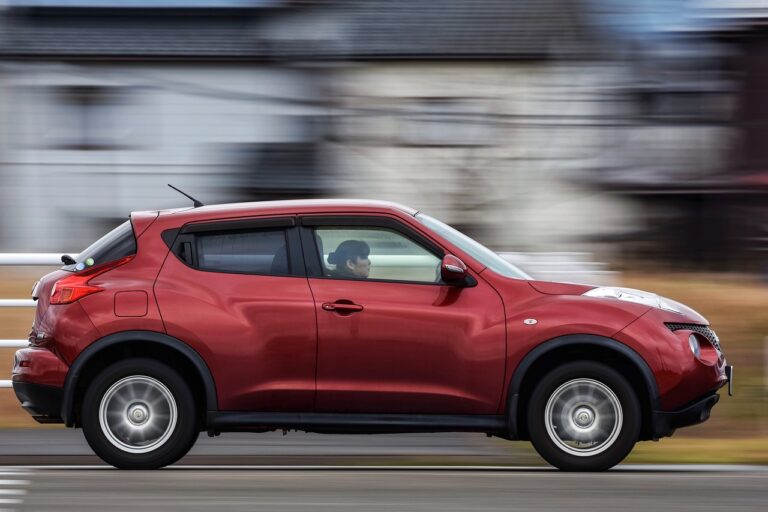Analyzing the Role of Leasing in Mobility as a Service (MaaS): Goldbet7, Radheexch, 11xplayonline
goldbet7, radheexch, 11xplayonline: Mobility as a Service (MaaS) has been revolutionizing the way people move around in urban areas. It combines various modes of transportation, such as public transit, ride-sharing, biking, and walking, into a single, integrated solution that allows users to plan, book, and pay for their trips seamlessly. One key component of MaaS that is often overlooked is leasing, which plays a crucial role in enabling the service to function efficiently.
Leasing plays a vital role in the success of MaaS by providing the necessary vehicles for different modes of transportation. Whether it’s cars for ride-sharing services, electric scooters for last-mile trips, or bikes for urban commuting, leasing allows MaaS operators to access a diverse fleet of vehicles without having to make a substantial upfront investment. This flexibility enables MaaS providers to scale their services quickly and adapt to changing market demands.
Leasing also helps MaaS operators maintain a modern and well-maintained fleet of vehicles. By partnering with leasing companies, MaaS providers can ensure that their vehicles are equipped with the latest technology and meet stringent safety and environmental standards. This not only enhances the overall user experience but also helps to reduce maintenance costs and enhance the longevity of the vehicles.
Furthermore, leasing allows MaaS operators to test new mobility solutions without committing to long-term investments. This agility is critical in a rapidly evolving urban transportation landscape, where new technologies and business models are constantly emerging. By leasing vehicles instead of purchasing them outright, MaaS providers can experiment with different services and adapt their offerings to meet the evolving needs of their users.
In conclusion, leasing plays a pivotal role in the success of Mobility as a Service by providing access to a diverse fleet of vehicles, maintaining a modern fleet, and enabling operators to test new mobility solutions. By leveraging leasing partnerships, MaaS providers can build a sustainable and efficient transportation ecosystem that benefits both users and the environment.
FAQs:
Q: How does leasing benefit MaaS users?
A: Leasing allows MaaS operators to provide a diverse fleet of vehicles, ensuring that users have access to various transportation options to suit their needs.
Q: How does leasing help MaaS operators stay competitive?
A: Leasing enables MaaS operators to test new mobility solutions without committing to long-term investments, allowing them to adapt quickly to changing market demands.
Q: What are the environmental benefits of leasing in MaaS?
A: Leasing helps MaaS operators maintain a modern and well-maintained fleet of vehicles, reducing emissions and promoting sustainable transportation practices.







